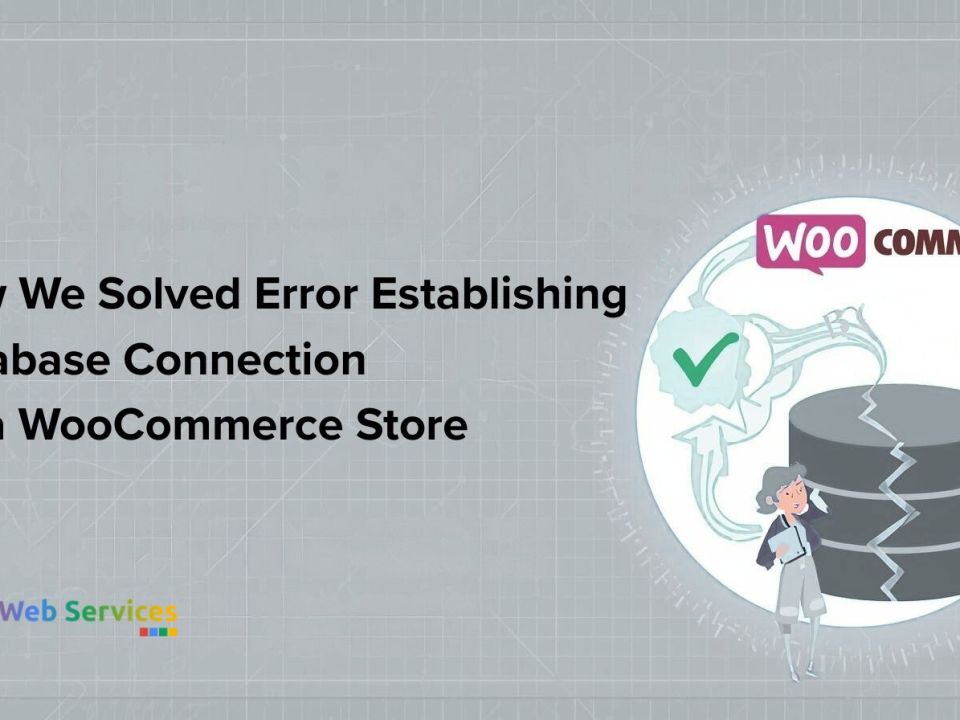
New Laws and Regulations in Europe could Hurt Cloud Computing’s Prospects
17 January 2017
The ABCD of Cloud Computing
1 February 2017Even though there are some real concerns about HIPAA rules and data, the cloud still looks like it will have a major role to play when it comes to healthcare. But a lot of this is most likely to stay with private clouds or on-premises. Very little reliance will be put on the public cloud.
Survey
A HIMMS Analytics and Level 3 survey has found that this increasing adoption of cloud for a number of healthcare functions has been prevalent in the last couple of years.
The survey shows 47 percent of the respondents planning to use the cloud in office which is 22 percent higher than a couple of years ago. Also, 47 percent were keen on using the cloud for disaster recovery and business continuity. The cloud certainly is poised to play a pivotal role as far as healthcare organizations are concerned.
There are a lot of providers who are planning to or already using the cloud too. Organizations are now more willing to trust the cloud when it comes to their health information. They are testing platforms using back office applications and are planning on leveraging cloud solutions so they can manage analytics and storage.
Happy Patients
A survey conducted by SADA Systems showed that 89 percent healthcare IT professionals believed their organizations used cloud-based apps. They also said that this resulted in patients who are happier, get treated better, and this is because of a more efficient hospital administration. Now if we can just invoke more competition and allow people to sign up for a health insurance plan over state lines that would be amazing.
The prognosis overall is fabulous. The overall experience of most healthcare providers has been fantastic, and they have been expanding their cloud platforms to a point where most of the things they do are cloud-based.
Take CarePoint for example. Just eighteen months ago they had no cloud, and now most key business applications are run on the cloud. The cloud helped them react differently to disasters and has pushed their business continuity to new levels without the need for them to spend millions on data centers and equipment.
The company uses private cloud technology for connectivity, and it has also helped improve their disaster recovery time. They can now update hardware and applications without any downtime across the organization. They even deployed a secure healthcare cloud system for supporting clinical applications and critical tasks. It is now a significant part of their overall business.
Public vs. Private Cloud
They are using public cloud services. They are currently using public cloud storage for storing non-essential data. They are leveraging the high-end encryption for the data apart from ensuring it’s encrypted beforehand on their end.
They avoid putting any sensitive information on public cloud. There just isn’t sufficient insurance when it comes to the public cloud. Also, they try not to place applications which contain intellectual property or confidential information about their business on the cloud.
The data which they considered for the public cloud includes anything that doesn’t contain intellectual property, confidential business operations, patient records, and so on. They don’t see a need for it either right now as there is very little information available about it.










